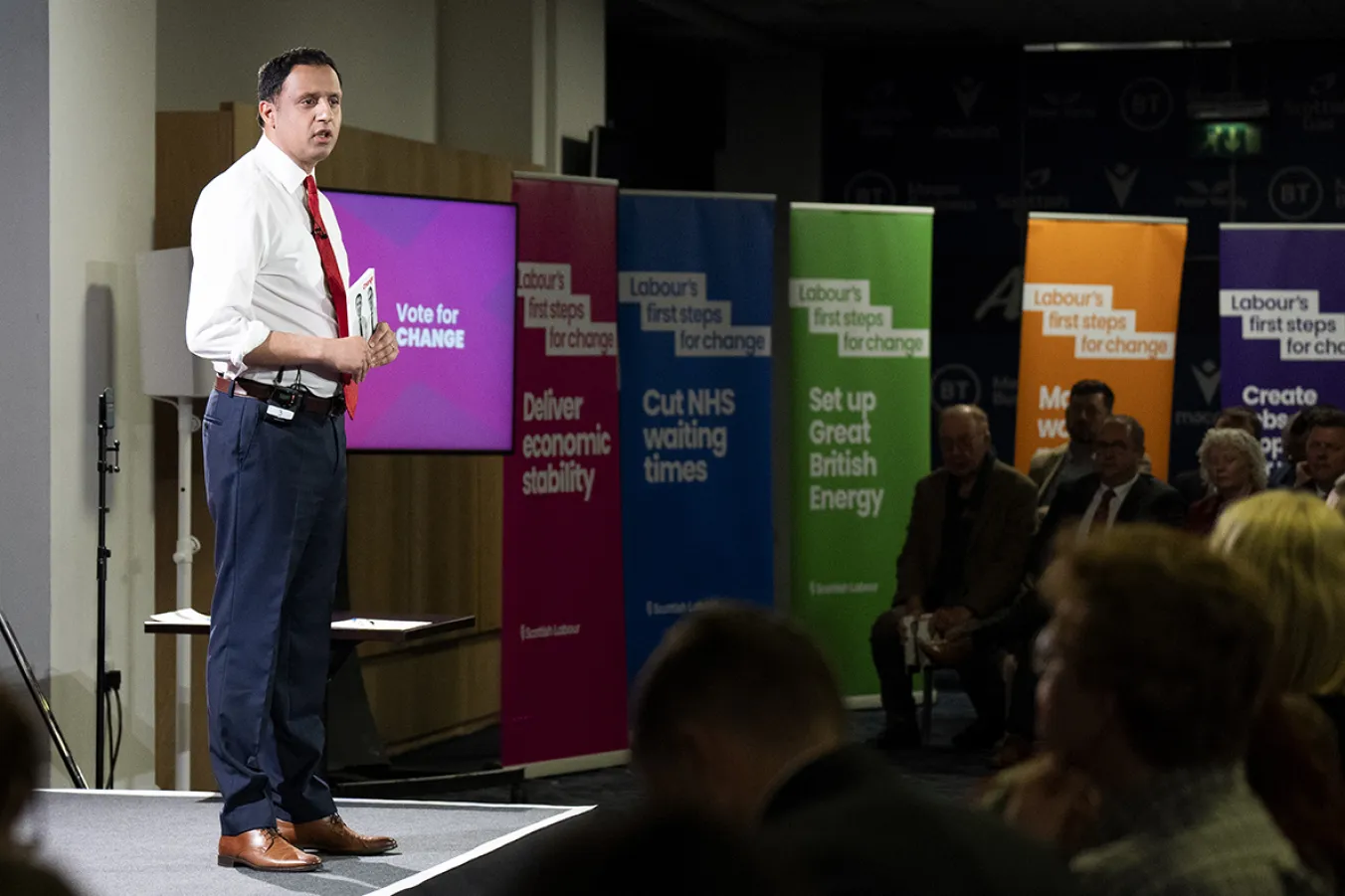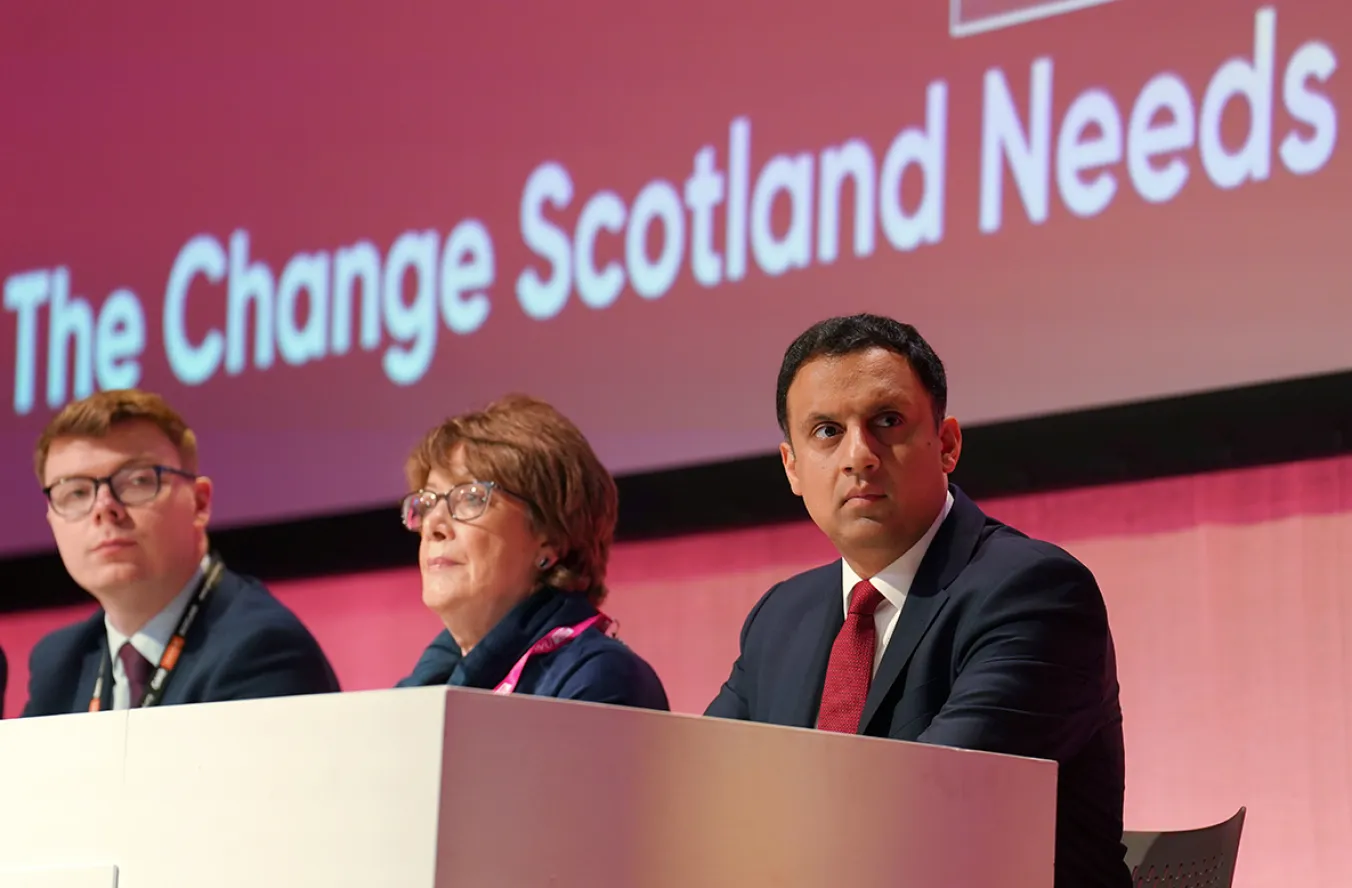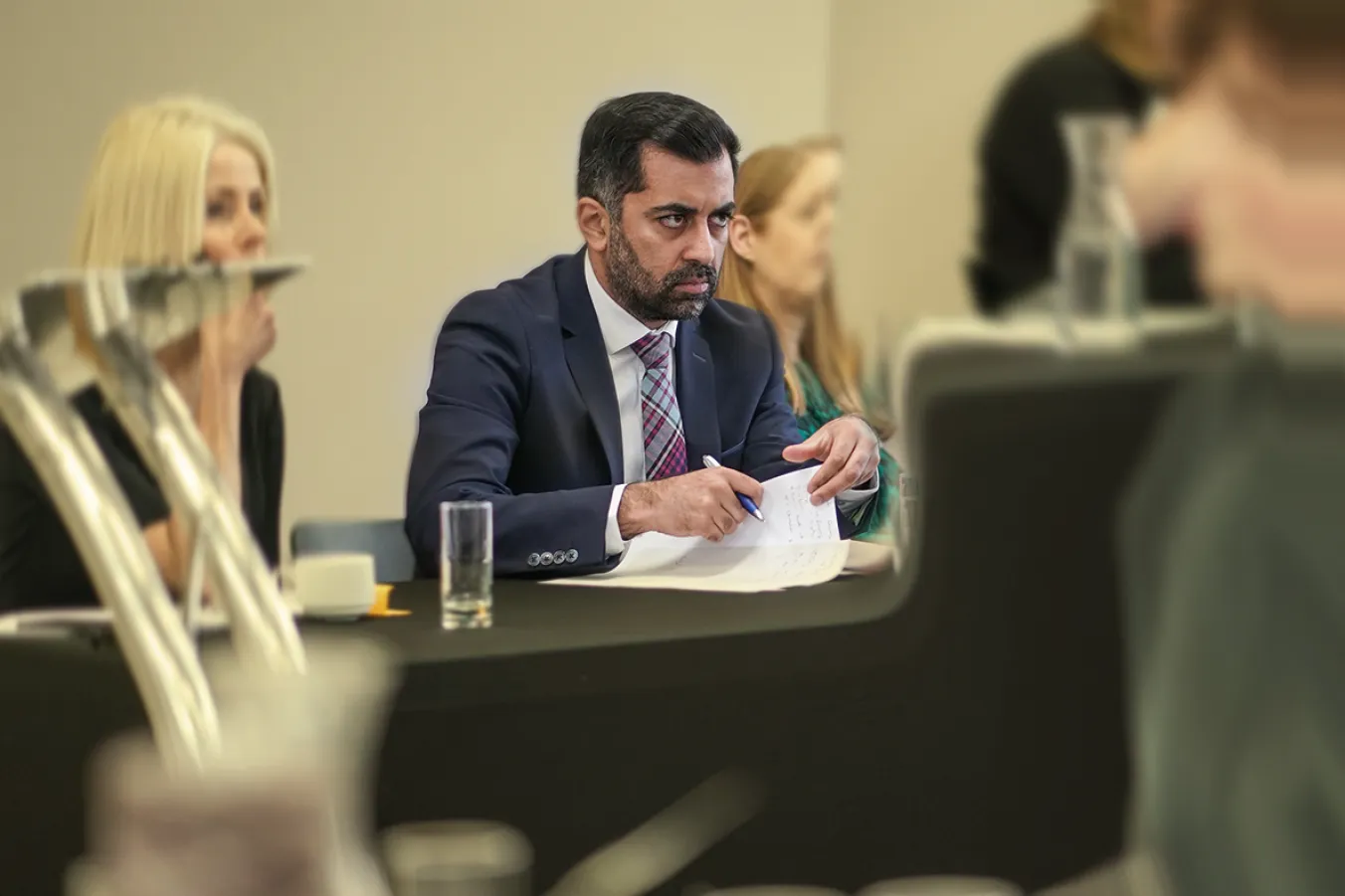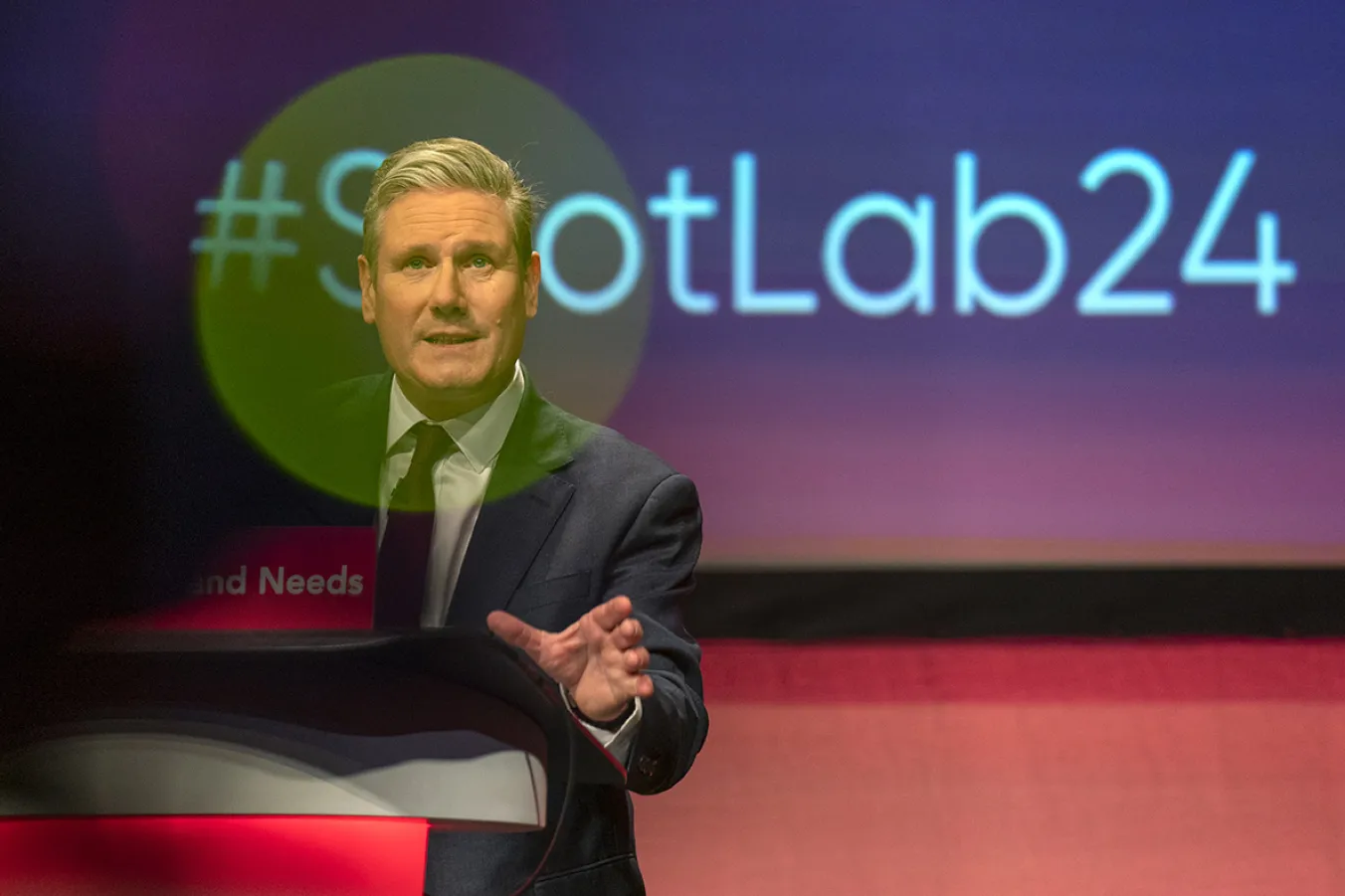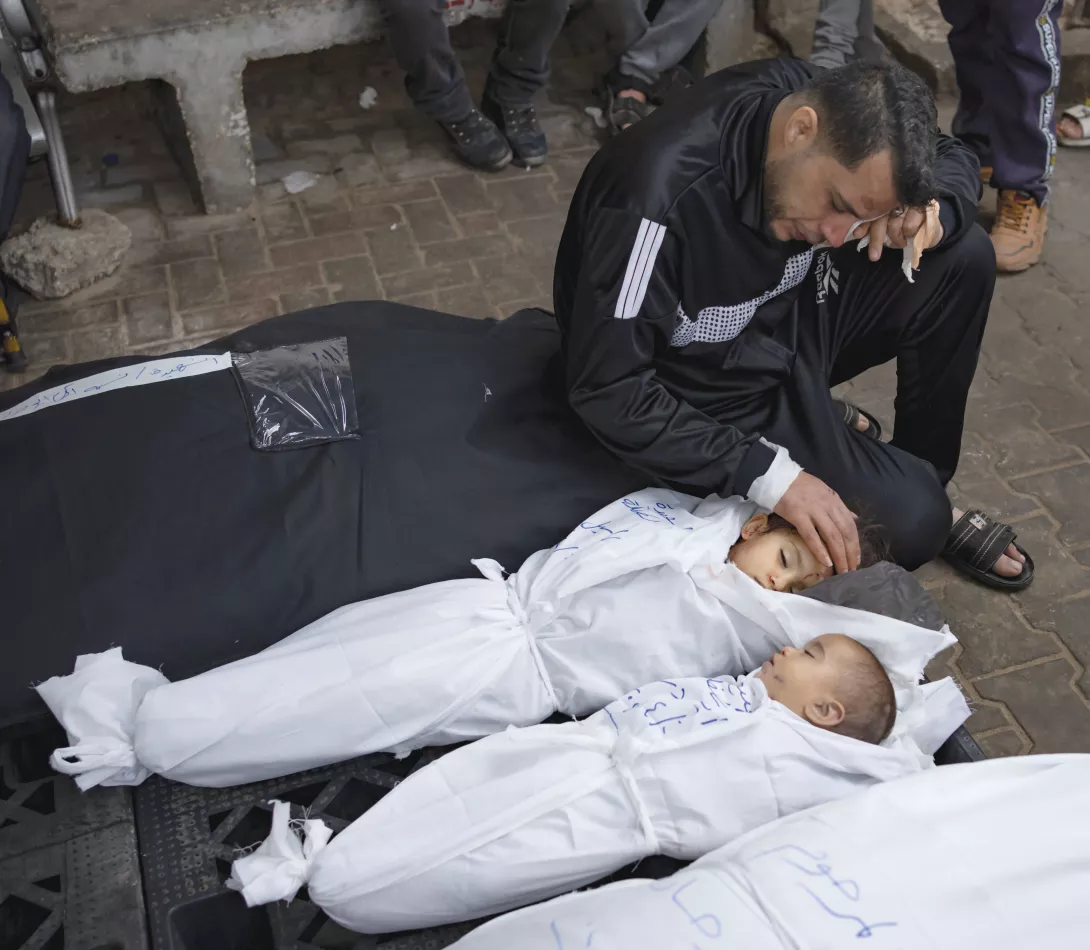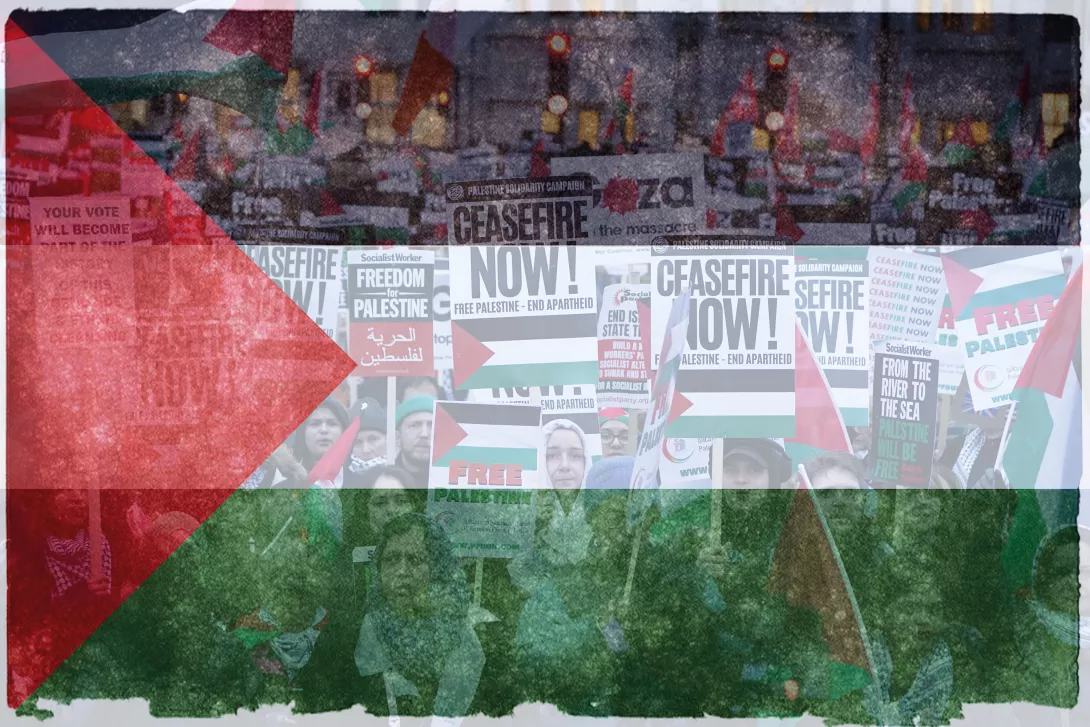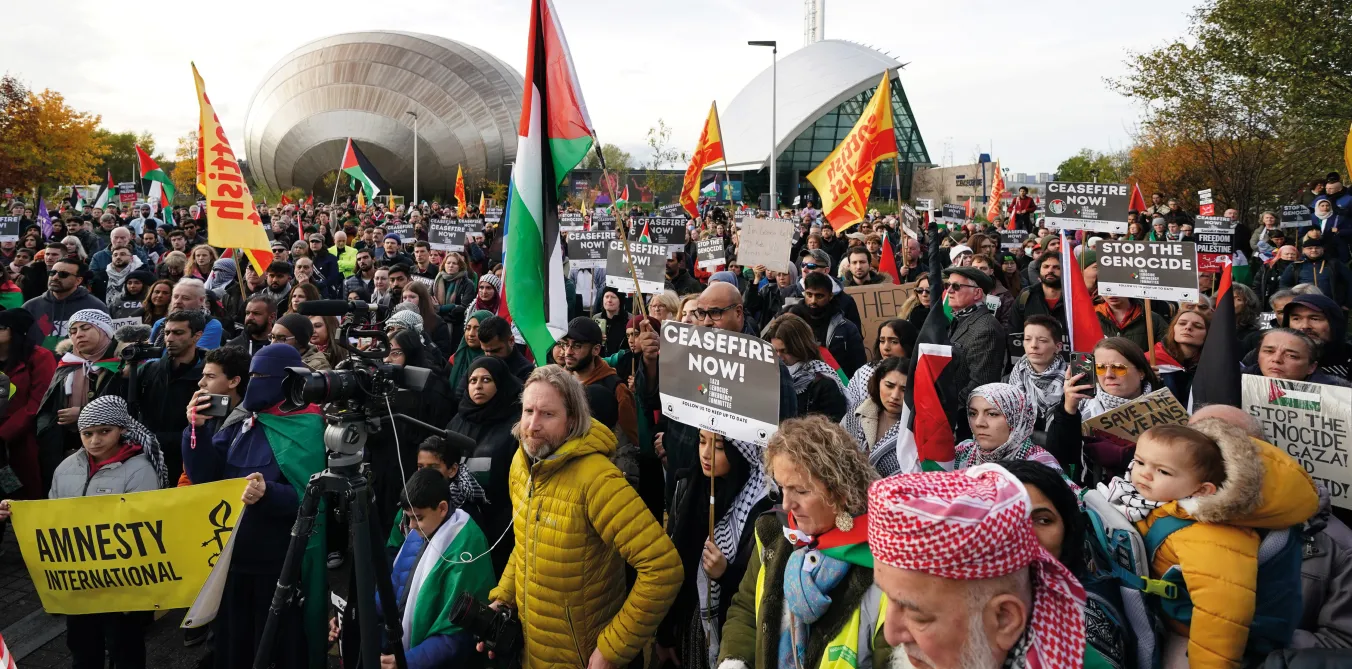
IN Scotland, like much of the rest of the world, the national conversation has recently been dominated by the absolute horror we have seen in Israel and Palestine since October 7.
I have added my voice to those who immediately condemned the slaughter committed by Hamas and have been very clear subsequently that the retaliation by Israel has gone well beyond any notion of self-defence. What we are seeing is an attempt to crush Gaza and completely decimate the already highly precarious society they possessed.
We are witnessing a massacre live on our television screens and the British government are simply waving it through while providing financial and military aid to those dropping unimaginable amounts of incendiary devices on homes, universities, and even hospitals.
Who does this conflict serve? We are destabilising the world and giving succour to extremists. Have we learned nothing from the mistakes of Afghanistan and Iraq?
Let us be clear, Palestinians have for many years been living in what amounts to an open-air prison. They have very limited freedoms and those they have are often entirely at the behest of Israel — which goes entirely against the Oslo Accords agreed back in the 1990s that committed both sides to Palestinian self-determination.
Sadly, however, these concerns have not been reflected in the Scottish Parliament or the media where far too much coverage and business seem to be about avoiding this very important issue rather than boldly standing for peace and against war, or it solely focuses on the legitimacy or lack thereof when referring to demonstrations. This is hardly the key issue.
Thankfully, despite this lack of official condemnation, the leaders of every party other than the Scottish Conservatives have come out in favour of a ceasefire. This sets Scotland apart from Britain’s political structure and highlights one of many strengths of devolution.
Shockingly the First Minister himself had relatives in Gaza until very recently and Scots saw first-hand a real-life connection to the conflict.
This was an important factor in bringing the conflict closer to home and I am glad that his relatives have now been able to leave Gaza during the bombardment — we can only hope that they will be able to return to something resembling a home. I fear for many families it will be a forlorn hope.
Given my brief within the Scottish Parliamentary Labour Party, I have given a considerable amount of my concern to the plight of women, and I am deeply concerned at the extremely vulnerable position pregnant women are finding themselves in.
It is estimated that 50,000 pregnant women are trapped in Gaza, and 5,000 are due to give birth in the next month. Without clean water, medicine, and humanitarian aid, these women and their babies will be at risk which is absolutely devastating.
